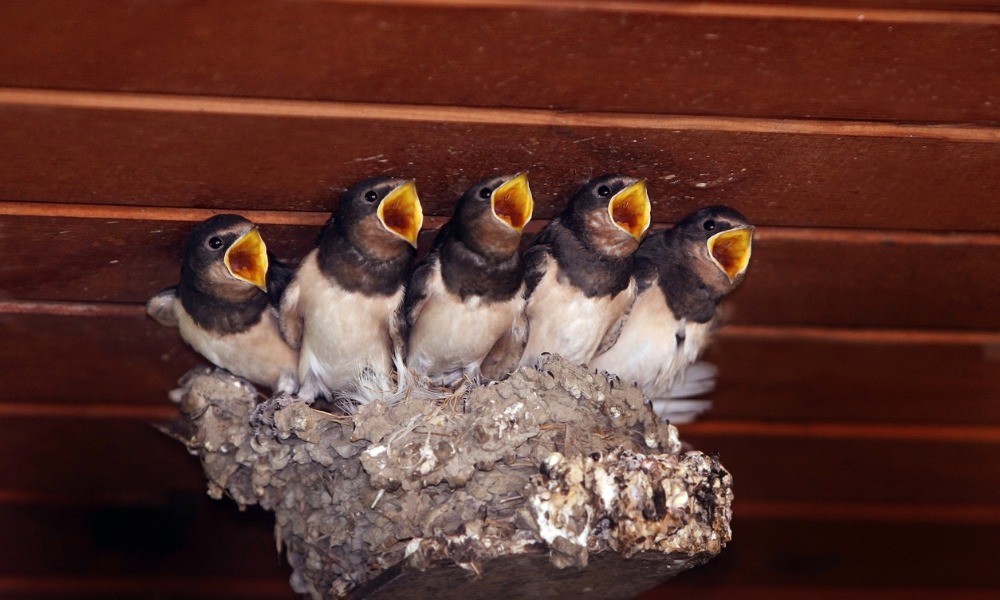
Employee got fungal infection diagnosis after working in swallow-infested facility

In a recent case, an employee filed a tort lawsuit alleging that the employers’ actions relating to a bird infestation and bird feces accumulation in his former workplace were a substantial factor that caused his histoplasmosis.
Braaten Electric, Inc. employed the plaintiff as an electrical automation foreman starting in 2004. Potential Design, Inc., one of the defendants in the case, hired Braaten as the subcontractor in charge of electrical installations for two successive silo construction projects at a pistachio processing facility in Firebaugh, California.
Another defendant, Wonderful Pistachios and Almonds, LLC, owned and operated the nut facility. Flocks of migrating swallows plagued the facility, roosted under the roof of an open pole barn, and left sizable accumulations of bird feces.
The plaintiff worked at the facility between 2012 and 2014. He lived onsite in his recreational vehicle (RV), oversaw the electrical work associated with the construction projects, and usually went home to Bakersfield during weekends.
Sometime after ending his work at the facility, the plaintiff received a diagnosis for histoplasmosis, a fungal infection which had spread to his brain and which led to permanent impairments.
Read more: Employee who contracted typhus seeks workers’ compensation from City of Los Angeles
Hundreds of birds made mud nests in the pole barn under which he worked and left droppings on his RV, the plaintiff testified before the court. Braaten’s employees talked among themselves about the number of birds and complained about the “nasty” working conditions, he said.
The defendants objected to the declarations of two of the plaintiff’s expert witnesses: an expert in infectious diseases who was also the plaintiff’s treating physician and an expert in occupational safety and health and standard of care.
The trial court granted summary judgment in the defendants’ favor and excluded the declarations of the plaintiff’s two experts. The plaintiff appealed.
In the case of Beebe v. Wonderful Pistachios & Almonds LLC et al, the California Court of Appeal for the Fifth District reversed the judgment and returned the case to the trial court for more proceedings.
First, the appellate court ruled that summary judgment was improper because the plaintiff raised a material factual issue that should be subject to a trial regarding whether there was a reasonable medical probability that the conduct of the facility’s owner relating to the birds and their feces was a substantial factor that caused his illness.
Apart from the plaintiff, a number of Braaten’s employees gave testimonies as evidence of the working conditions at the nut facility at that time. One employee, who worked for Braaten for 17 years and who acted as an electrician or as an electrician hand during the construction at the facility, said the following:
Another Braaten employee, who worked with the plaintiff at the facility for five to seven months, testified that:
Lastly, the trial court should not have excluded the declarations of the plaintiff’s experts as speculative because there was no basis to do so, the appellate court concluded.